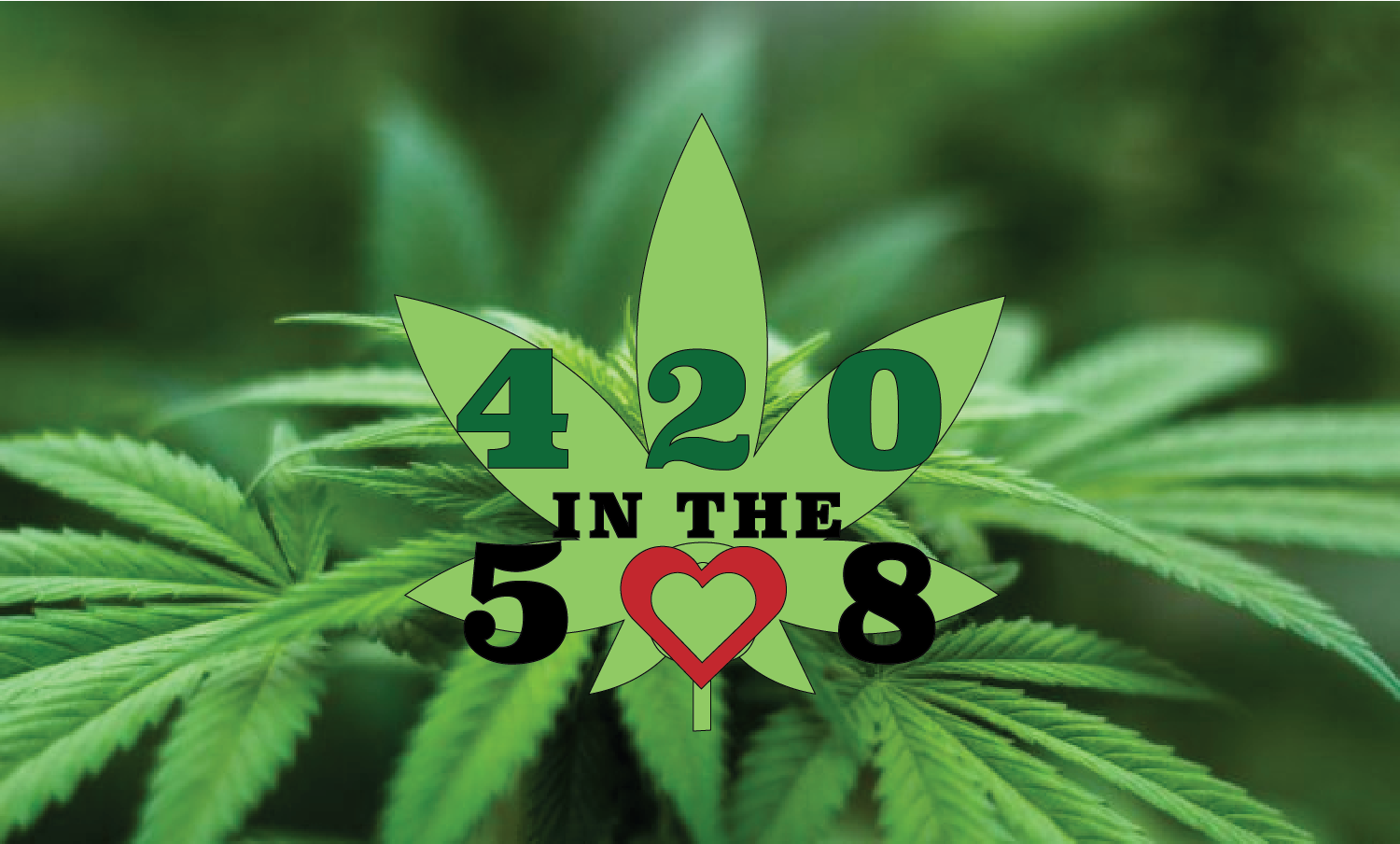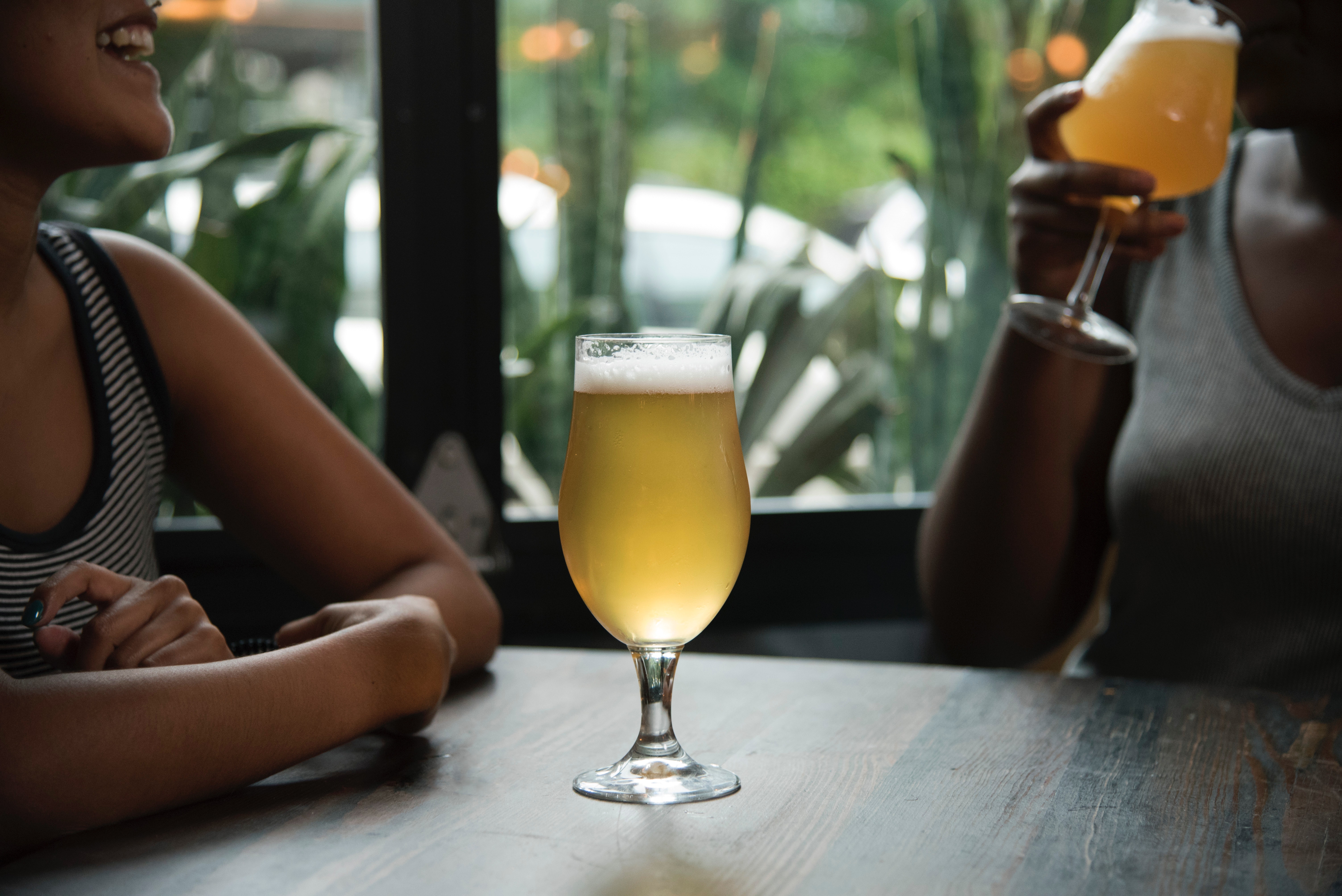
Eric Casey
Back in 2016 when Bay State voters passed Question 4 to legalize marijuana, the initiative contained a unique provision that had not been tried in states that had previously legalized weed: the inclusion of licensed “social consumption” businesses where adults would be able to purchase and consume weed, much like one does with beer at a bar.
While Massachusetts voters legalized marijuana over six years ago, there’s still no licensed consumption spaces in Massachusetts. A number of complicating factors have contributed to this delay, but it now seems like state-licensed cannabis cafes and lounges are on the horizon, as the Cannabis Control Commission has started the process of creating regulations to govern these businesses.
The long wait has been frustrating for prospective cannabis cafe owners, but that hasn’t stopped one or two crafty entrepreneurs from finding creative ways to open up spaces where people can smoke weed. The best known example of this new type of business is The Summit Lounge (116 Water St, Worcester), which is a private, bring-your-own-cannabis club. By not selling weed on-site and utilizing local laws that allow for smoking in businesses that operate via private memberships, Summit was able to open without having to wait for the state to issue licenses.
The lounge quickly became a staple of the local cannabis culture shortly after opening in 2018, making it the perfect location for a recent networking and brainstorming event for locals who are interested in starting social consumption businesses of their own. The meeting drew a number of people from cannabis activist, entrepreneur and media circles.
A handful of jurisdictions around the world currently offer licenses allowing for the sale of weed meant to be consumed on-site, but only a few of these cafes and lounges have managed to make these spots both fun and profitable.
There’s still a lot to figure out. Are these basically bars for weed, where people go with the primary goal of consuming? Or will they be more like conventional entertainment venues that also happen to have a license to allow on-site consumption and sales, like a bowling alley or comedy club?
The goal of this get-together was to attempt to hash some of these details out. The event’s organizer, Ethan Vogt, was hopeful that this meeting of the minds would help business owners come up with creative ideas for business that include cannabis consumption.
“I imagine that the cannabis being consumed is sometimes the focus of the event, but other times people are gathering in these new social consumption spaces for many of the same reasons we go to bars, cafes, yoga studios, libraries, museums, theaters or gyms,” he said.
While it’s important that people’s business plans for social consumption businesses are well thought out, everyone noted that it’s even more critical that the Commission enacts regulations that allow these businesses to succeed.
Past proposals by the Commission included one rule that would strictly cap the amount of cannabis a person could be served. Another rule would have banned indoor smoking. These are just two examples of strict regulations that many activists say would doom cannabis lounges to failure.
There’s a lot at stake here, as these licenses have been set aside for participants in the state’s social equity program, which helps people who have been harmed by the War on Drugs find a pathway into the legal cannabis industry.
If these consumption businesses are a hit, they could play a meaningful role in rectifying the harm caused by decades of marijuana prohibition… while also supplying us all with a fun place to go smoke weed.
That’s a win-win!




